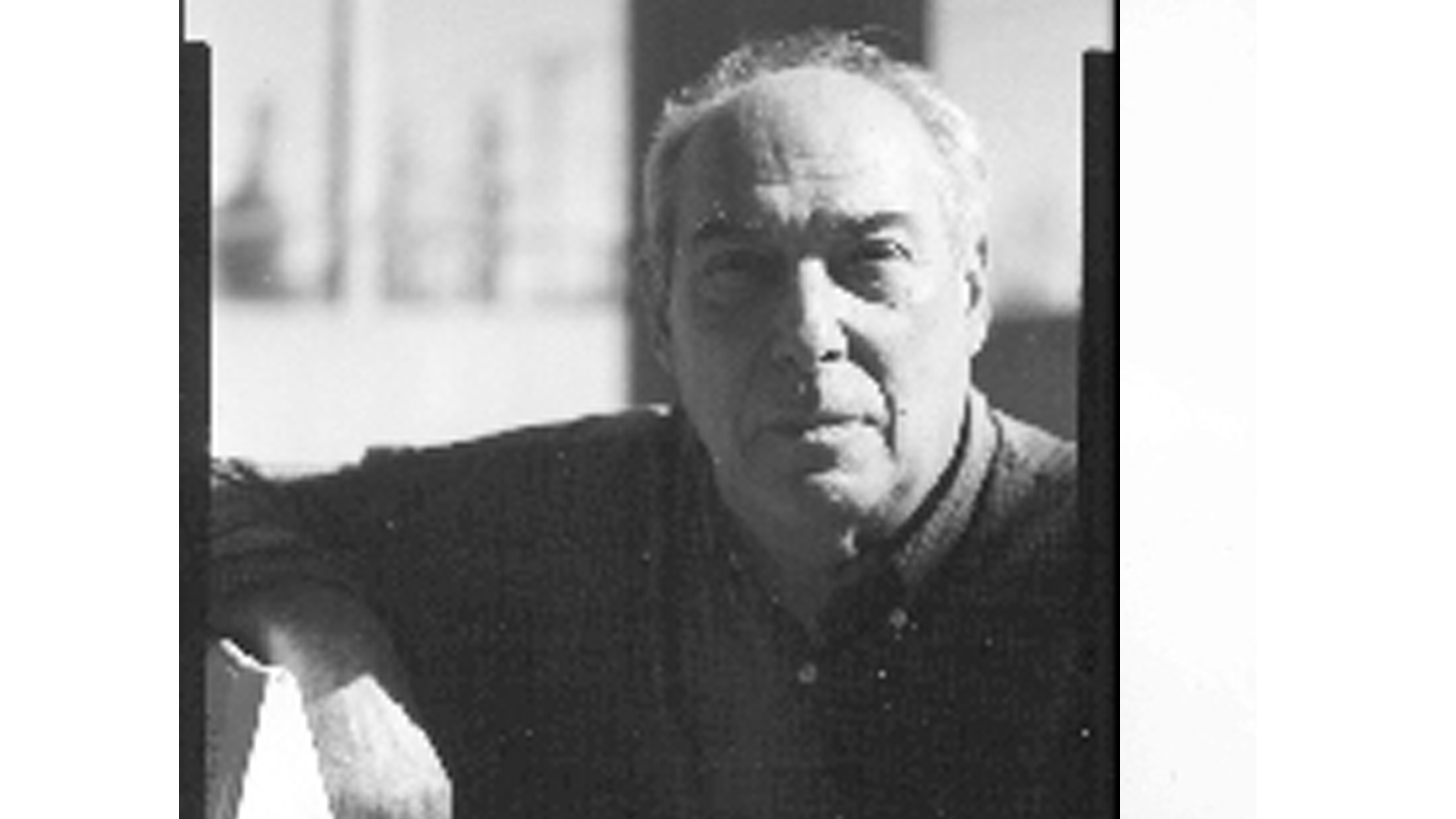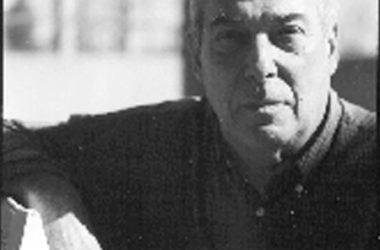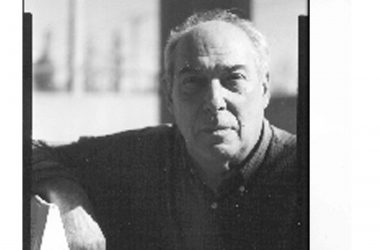Today I want to talk about strategy for revolution. As Malcolm X said, I want to have a conversation between you and me, us. On my way here I picked up a copy of the Indypendent Reader, which on its masthead carries the slogan “toward building a new society on the vacant lots of the old…” The paper contains good articles, some written by people I know to be revolutionaries. But I want to focus on the slogan, to use it to talk about strategy.
It was obviously put forward with one eye on the old IWW slogan, Building the New Society within the Shell of the Old. The IWW sought to develop a counter-power. The Indy slogan means developing alternative institutions. The two are not the same.
What are alternative institutions? Infoshops, bookstores, free schools, coops, community gardens are all examples. These may be worthwhile projects, but they are not examples of counter-power because they do not represent a threat to capital. In fact, they are compatible with it.
Things are entirely different with counter-power.
One of the earliest expositions of its meaning, if not the earliest, was by Lenin when he returned to Russia in April 1917 shortly after the fall of the czar. I know many of you do not like to hear me quoting Lenin, but I urge you to pay attention. Whatever you think of the course Lenin followed once in power, you must admit he understood something about making a revolution, and therefore you can learn from him.
In “The Tasks of the Proletariat in Our Revolution,” Lenin wrote,
The main feature of our revolution, a feature that most imperatively demands thoughtful consideration, is the dual power which arose in the very first days after the triumph of the revolution.
This dual power is evident in the existence of two governments: one is the main, the real, the actual government of the bourgeoisie, the “Provisional Government” …; the other is a supplementary and parallel government… in the shape of the Petrograd Soviet of Workers’ and Soldiers’ Deputies…
This remarkable feature… has led to the interlocking of two dictatorships: the dictatorship of the bourgeoisie… and the dictatorship of the proletariat and the peasantry (the Soviet of Workers’ and Soldiers’ Deputies).
There is not the slightest doubt that such an “interlocking” cannot last long. Two powers cannot exist in a state. One of them is bound to pass away…
In that situation Lenin put forward the slogan “No support to the provisional government. All Power to the Soviets.”
Lenin and the Bolsheviks did not invent the Soviets (councils). They were invented by the workers and soldiers. In periods of upsurge ordinary people (people who do not normally spend their time thinking about how to make a revolution) do very revolutionary things, far more revolutionary than any individual or party could imagine. But they think of them in old ways. Lenin and the Bolsheviks did what the workers could not do by themselves: recognize the Soviets as the germ of the new society and pose them consciously against the institutions that integrate the workers and all the oppressed into official society.
No revolution has ever taken place without a period of dual power. The masses of ordinary people will not transfer their allegiance from the dominant institutions, an allegiance based largely on habit, to a new society unless the institutions of the new society already exist in tangible form. At the same time, every popular upheaval gives rise to institutions that prefigure the new society. The contending powers may be separated geographically, as in the U.S. Civil War or the liberated zones in China, Vietnam, Cuba and perhaps Chiapas, or by sphere, as they were in Russia.
The above were situations of general crisis. Do conditions prevail at present in the U.S. such that dual power is a relevant notion? Well, certainly no one would claim that the U.S. today is in the grip of an immediate crisis comparable to what existed in Russia between February and October 1917.
But it may be tomorrow. Every modern society, the U.S. included, no matter how stable it appears, is but one step away from a general breakdown in which the existing institutions collapse and the issue of power is posed. Consider the following nightmare scenario: a decline in public revenues due to the deepening financial crisis, such that public authorities are unable to pay public workers or are forced to pay them in worthless scrip. Bridges, roads and rail-beds falling apart (that is already happening) so that the transport of food becomes unreliable, police and firemen on slowdown because they have not been paid, perhaps most important of all sanitation workers without wages. Under those circumstances is an outbreak of plague inconceivable? If things reached that point, would it not fall upon the general population to take into their hands the task of maintaining order, collecting the garbage, purifying the drinking supply, etc. That is the situation that prevailed in Germany at the end of World War II, and only the presence of the occupying armies prevented the German working people from taking power.
Every genuine struggle against entrenched power brings forward forms of dual power. Factory workers slowing down an assembly line by direct action, cubicle workers surfing the internet on company time or using the company’s equipment to communicate with their friends, fast-food or grocery workers deliberately undercharging customers—most of the examples in daily life are too fragile, small in scale and sporadic to take on political meaning, but all of them taken together represent the new society. At what point do revolutionaries transfer their attention from the institutions that represent the oppressed within the existing society to these admittedly weak and often barely visible elements of the new? I once asked a member of a socialist organization that claimed to uphold a strategy of dual power, at one point do we shift our attention from work within the unions and the various reform movements that seek to exert pressure on the government and give central place to the elements of the new society that spring up like mushrooms after a summer rain—drawing a line between them and the existing reform institutions, doing what we can to link them together, differentiate them from the old, and clarify their implications? Do we wait until they enjoy the support of fifty-one percent of the population? He was unable to answer.
For me, the answer is easy: the time is now. We revolutionaries are against representation and in favor of direct democracy. We are against the unions, which seek better terms in the sale of labor power, and in favor of abolishing the sale of labor power. Instead of reforming the economy we want to abolish the economy, and in its place put community. We are enemies of the nation-state, the family, the white race, and everything else that is respectable in the society. “We hate this rotten system more than any mortals do/Our aim is not to patch it but to build it all anew.” Our political intervention must reflect that sentiment, not leave it on the shelf to be hauled out for holiday speeches.
How to do that? I would be the first to admit that I am not flowing over with brilliant ideas. But for revolutionaries, it is the main question worth asking.
Can alternative institutions serve revolutionary strategy? In some ways and under certain circumstances, yes. They may provide valuable examples of what the new society might look like, and space for people to mobilize to achieve it. The aim is not a food coop, but the organization of the workers in agriculture and transport to convert the production of food into production for use instead of for profit. I doubt the Free School will ever replace Johns Hopkins or the public schools, but if it provides a space for students to organize to revolutionize the schools and the university, then it will have justified the sacrifices people are putting into it. I doubt that the Indypendent quarterly will ever replace the Baltimore Sun, but if it provides space and inspiration for workers at the Baltimore Sun to take over their place of employment and turn it into a public resource, then the Indypendent will have served a revolutionary function.
The preceding is a talk I gave last month at the Radical Book Pavilion at the Baltimore Book Fair, where I was honored to share a panel with Penelope Rosemont. A discussion followed.
Send comments to [email protected]. Indicate if they are intended for publication.



